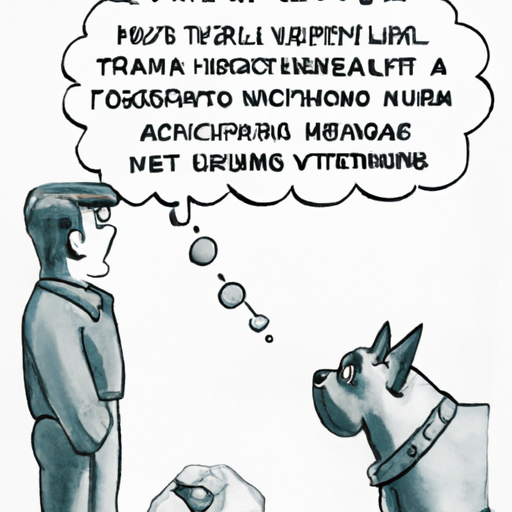Understanding Ringworm
Ringworm, contrary to its name, is not a worm. It’s a fungal infection that can affect the skin, hair, and nails of both humans and animals, including our beloved dogs. This misnomer dates back to when the condition was first identified and was believed to be caused by a worm, due to its circular, ring-like appearance.
- Causes: Ringworm in dogs is primarily caused by three types of fungus: Microsporum canis, Microsporum gypseum, and Trichophyton mentagrophytes.
- Symptoms: Common symptoms include circular areas of hair loss, inflamed skin, and brittle nails.
Step-by-Step Guide to Curing Ringworm in Dogs
- Identify the Symptoms: First, you need to identify if your dog truly has ringworm. Look for the symptoms listed above, especially circular patches of hair loss that grow larger over time.
- Visit the Vet: If you suspect ringworm, the next step is to visit your vet. They can confirm the diagnosis and prescribe the appropriate treatment.
- Administer Medication: Follow your vet’s instructions for administering medication. This might be oral medication, topical ointments, or both.
- Keep Things Clean: Regularly clean and disinfect your home to prevent the spread of the fungus.
- Monitor Progress: Keep an eye on your dog’s progress. If the condition doesn’t improve within a few weeks, return to the vet for further consultation.
Preventing Future Outbreaks
Despite your best efforts, ringworm can be stubborn. But don’t despair. There are steps you can take to prevent future outbreaks and keep your dog healthy.
- Regular Vet Visits: Regular check-ups with your vet can help detect early signs of ringworm.
- Good Hygiene: Regularly bathing and grooming your dog can keep their skin healthy and prevent infections.
- Avoid Shared Spaces: If your dog has been infected, try to keep them away from other animals until they’re fully healed.
Understanding the Risks of Ringworm
While ringworm is not a life-threatening condition, it’s not without risks. If left untreated, it can lead to more serious skin infections. It’s also highly contagious and can easily spread to other pets and even humans in the household.
| Risks of Ringworm | Solutions |
|---|---|
| Spread to other pets | Isolate infected dog until healed |
| Spread to humans | Wash hands frequently, avoid touching infected areas |
| Serious skin infections | Seek vet advice immediately if condition worsens |
FAQ
Q: Can humans get ringworm from dogs?
A: Yes, ringworm can spread from dogs to humans. It’s important to practice good hygiene if your dog is infected.
Q: How long does it take to cure ringworm in dogs?
A: With proper treatment, most cases of ringworm in dogs can be resolved within a few weeks.
Q: Is ringworm in dogs a serious condition?
A: While not life-threatening, ringworm can lead to more serious skin infections if left untreated. It’s also highly contagious.
Q: Can ringworm be prevented?
A: Regular vet visits, good hygiene, and avoiding shared spaces with infected animals can all help prevent ringworm.
Remember, you’re not alone in this journey. With patience, diligence, and a whole lot of love, your furry friend will be back to their happy, healthy self in no time.



